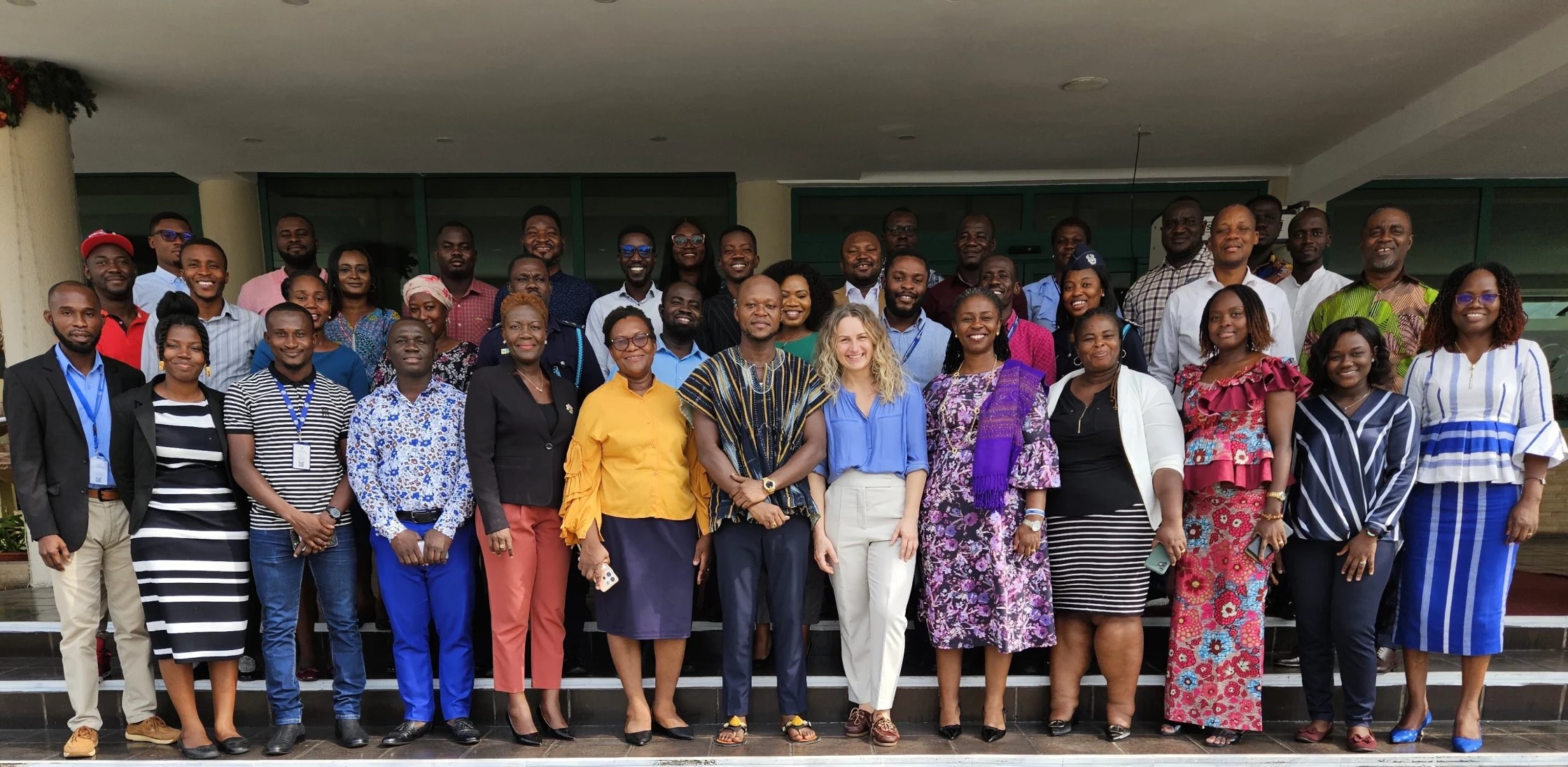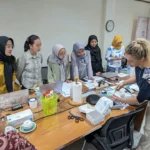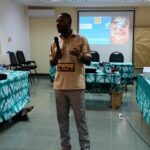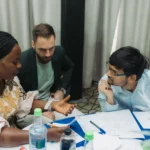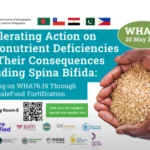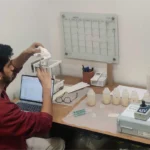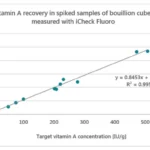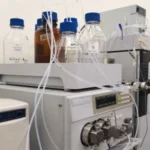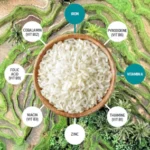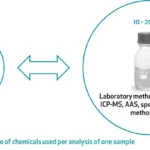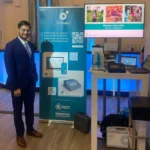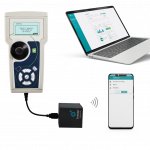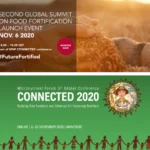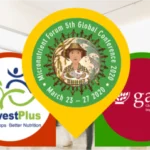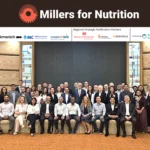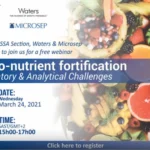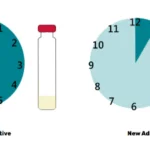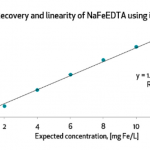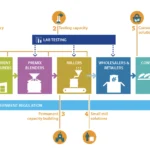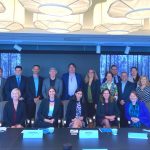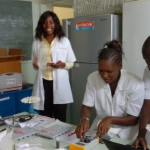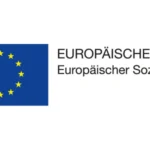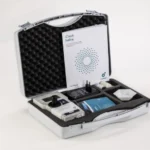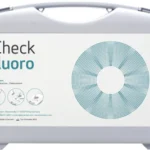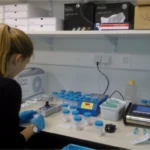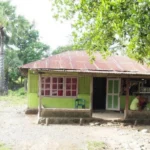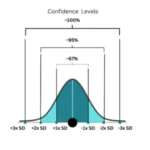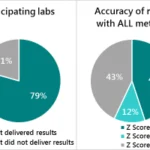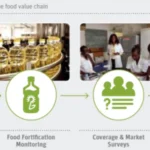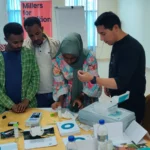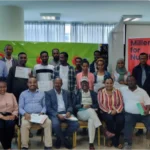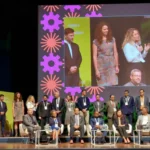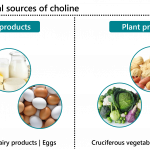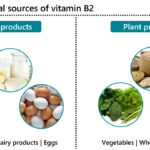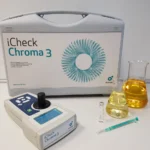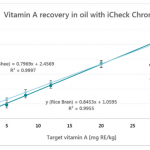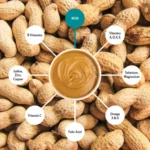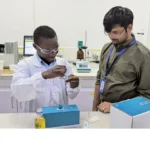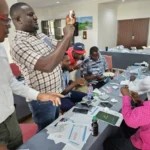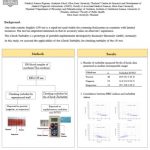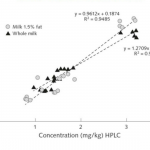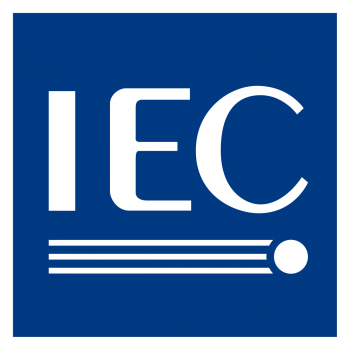Ever wondered how global initiatives are reshaping food security in West Africa? Here’s how BioAnalyt and CRS together have forged partnerships and innovative approaches driving change.
Catholic Relief Services (CRS), established in 1943, has been a relentless force in promoting global human development and fighting poverty and disease. In June 2022, CRS embarked on an initiative, the Large-Scale Food Fortification (LSFF) project, supported by the Bill and Melinda Gates Foundation. This 18-month endeavor launched in West Africa aims to enhance the effectiveness of food fortification in staple foods across the 15 countries of the West African region. CRS is implementing the second phase of this initiative in West Africa in collaboration with GIZ, the government ministries, and the National Fortification Alliance of these West African countries to:
- Identifying key stakeholders in the LSFF landscape across West Africa
- Exploring public-private partnerships in LSFF governance and implementation
- Addressing challenges and proposing measures to enhance the effectiveness of fortification alliances in the region
Through this initiative, CRS identified common obstacles to food fortification such as enforcement limitations, including limited enforcement capacity, poor coordination, inactive alliances, and low commitment. These challenges underscored the critical role of partnerships in fortification efforts (1).
In support of the Food Fortification Project in West Africa, BioAnalyt, and its non-profit technical service provider, QuImpact, have partnered with CRS to support technical capacity reinforcement and provide essential resources. This includes supplying portable iCheck devices for precise micronutrient analysis. QuImpact offers tailored training sessions to empower local stakeholders with advanced analytical skills and additional technical support.
Joint Efforts Across West Africa
BioAnalyt and QuImpact, in collaboration with CRS conducted training sessions in Burkina Faso, Ghana, Ivory Coast and Senegal, Togo. These sessions focused on training:
- The fortification status in the country,
- Quality assurance and quality control
- Sample analysis and reporting
- Qualitative and quantitative testing
- Hands-on training for iCheck devices to analyze crucial micronutrients like vitamin A, iodine, and iron in staple foods such as edible oils, salt, and flour.
Here’s more insight into these training sessions:
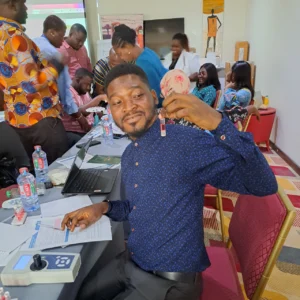 Ghana: A capacity reinforcement workshop led by CRS Ghana and facilitated by QuImpact took place in Accra, focusing on rapid testing and iCheck for food fortification monitoring. Regulatory bodies such as the FDA, GSA, GPS, and GRA participated in the three-day workshop, which was praised for its engaging and practical approach.
Ghana: A capacity reinforcement workshop led by CRS Ghana and facilitated by QuImpact took place in Accra, focusing on rapid testing and iCheck for food fortification monitoring. Regulatory bodies such as the FDA, GSA, GPS, and GRA participated in the three-day workshop, which was praised for its engaging and practical approach.
Gifty Aidoo, an FDA analyst with 17 years of experience, called it “involving and facilitated for learning.” Marian Komey, Head of the FDA Food Laboratory with over 20 years of experience, noted it “opened her eyes to new methodologies in food testing.”
Both analysts emphasised the importance of collaboration and continuous industry engagement in fortification efforts. Participants gained hands-on experience using iCheck to test iodine in salt, vitamin A in edible oil, and iron in wheat flour, along with best practices for monitoring. Watch CRS’s Mawuli Sablah discuss the program on Ghana TV.
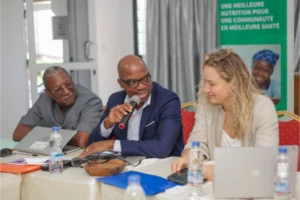 Côte d’Ivoire: Despite experiencing economic growth, Ivory Coast continues to grapple with challenges related to nutrition and food security. CRS’s Food fortification project represents a significant stride in enhancing fortification efforts. This involves bolstering the capacity of public sector institutions, including regulatory structures, in monitoring and controlling fortified foods with the practical application of rapid tests for analyzing micronutrient levels. As the technical capacity-building service provider, QuImpact have managed to contribute to this by training 56 trainees, focusing on analytical methods and devices. This, in turn, allows the regulatory authorities to understand the methods of analyzing and enforcing the right fortification methods.
Côte d’Ivoire: Despite experiencing economic growth, Ivory Coast continues to grapple with challenges related to nutrition and food security. CRS’s Food fortification project represents a significant stride in enhancing fortification efforts. This involves bolstering the capacity of public sector institutions, including regulatory structures, in monitoring and controlling fortified foods with the practical application of rapid tests for analyzing micronutrient levels. As the technical capacity-building service provider, QuImpact have managed to contribute to this by training 56 trainees, focusing on analytical methods and devices. This, in turn, allows the regulatory authorities to understand the methods of analyzing and enforcing the right fortification methods.
Senegal: With high rates of deficiencies affecting women and children, has implemented various fortification initiatives through bodies like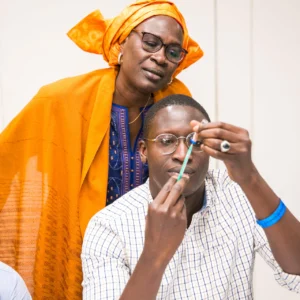 the Senegalese Committee for the Fortification of Foods with Micronutrients. Micronutrient deficiencies remain a significant public health concern in Senegal. These deficiencies have severely impacted the population, with 42.6% of women and 56% of children affected by iron deficiency. Zinc deficiency was observed in 58% of women and 42.8% of children, while 17% of children under five and 14.9% of women did not receive adequate vitamin A. To address this issue, the Senegalese government established the Senegalese Committee for Micronutrient Food Fortification (COSFAM) in 2006. Despite notable progress across West Africa—and especially in Senegal, one of the pioneering countries in food fortification—important gaps remained in ensuring sustainable and high-quality fortification through a food systems-based approach.
the Senegalese Committee for the Fortification of Foods with Micronutrients. Micronutrient deficiencies remain a significant public health concern in Senegal. These deficiencies have severely impacted the population, with 42.6% of women and 56% of children affected by iron deficiency. Zinc deficiency was observed in 58% of women and 42.8% of children, while 17% of children under five and 14.9% of women did not receive adequate vitamin A. To address this issue, the Senegalese government established the Senegalese Committee for Micronutrient Food Fortification (COSFAM) in 2006. Despite notable progress across West Africa—and especially in Senegal, one of the pioneering countries in food fortification—important gaps remained in ensuring sustainable and high-quality fortification through a food systems-based approach.
As part of its LSFF project, CRS, in collaboration with QuImpact, supported the national food fortification program by strengthening and improving food fortification control and regulatory systems in Senegal. QuImpact provided technical capacity-building services, training stakeholders responsible for enforcing fortification standards in analytical methods and tools, including the practical use of rapid tests to assess iodine, iron, and vitamin A levels in fortified foods.
The training workshop brought together over 60 participants from laboratories and regulatory agencies, primarily from the Division of Consumer Protection and Safety (DCSC). Participants also included members of the Senegalese Food Fortification Committee involved in standard enforcement.
In addition, the workshop welcomed participants from Guinea, who were officials from agencies responsible for the control of fortified foods. They benefited from the experience-sharing platform and are now part of a core trainer pool to support future capacity-building initiatives in Guinea.
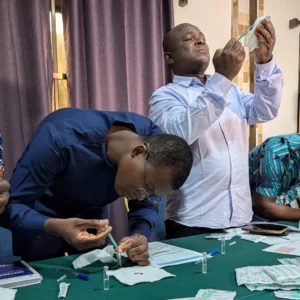 Togo: Micronutrient deficiencies remain a serious public health challenge in Togo, with over 70% of children under five and nearly half of women of reproductive age suffering from anemia. Despite progress, deficiencies in iodine and vitamin A persist due to inadequate food fortification and limited regulatory enforcement. To address these issues, CRS, in collaboration with the Togo National Food Fortification Committee (CNFA), organized a regional workshop to strengthen national regulatory systems and promote the practical use of rapid testing tools for fortified foods. The workshop brought together 65 participants from five West African countries (Togo, Benin, Burkina Faso, Mali, and Niger), including representatives from health ministries, regulatory authorities, food producers, and customs. QuImpact led practical trainings on the use of iCheck devices (Chroma 3, Iron, and Iodine) developed by BioAnalyt. QuImpact’s sessions focused on quality assurance, analytical procedures, and real-time nutrient testing, equipping participants with hands-on skills to assess vitamin A, iron, and iodine levels in fortified foods. Their scope also included introducing digital solutions for data collection and monitoring.
Togo: Micronutrient deficiencies remain a serious public health challenge in Togo, with over 70% of children under five and nearly half of women of reproductive age suffering from anemia. Despite progress, deficiencies in iodine and vitamin A persist due to inadequate food fortification and limited regulatory enforcement. To address these issues, CRS, in collaboration with the Togo National Food Fortification Committee (CNFA), organized a regional workshop to strengthen national regulatory systems and promote the practical use of rapid testing tools for fortified foods. The workshop brought together 65 participants from five West African countries (Togo, Benin, Burkina Faso, Mali, and Niger), including representatives from health ministries, regulatory authorities, food producers, and customs. QuImpact led practical trainings on the use of iCheck devices (Chroma 3, Iron, and Iodine) developed by BioAnalyt. QuImpact’s sessions focused on quality assurance, analytical procedures, and real-time nutrient testing, equipping participants with hands-on skills to assess vitamin A, iron, and iodine levels in fortified foods. Their scope also included introducing digital solutions for data collection and monitoring.
The workshop concluded with recommendations to strengthen certification systems, improve customs collaboration, support producers with quality systems, and explore regional models for premix regulation and tax exemption.
Advancing Food Fortification Through Partnerships
BioAnalyt’s partnership with CRS in the LSFF project in West Africa marks a significant stride in combating nutrition deficiencies. By strengthening regulatory oversight and fostering public-private collaborations, these initiatives aim to improve the quality and reach of fortified foods, particularly benefiting vulnerable groups like women and children. This collaborative effort exemplifies the potential for impactful change through concerted action and innovation in global health.
Stay tuned for more updates and follow our journey as we continue to collaborate and contribute our bit to this cause. If you would like to know about the technology we work with, feel free to contact us here.
